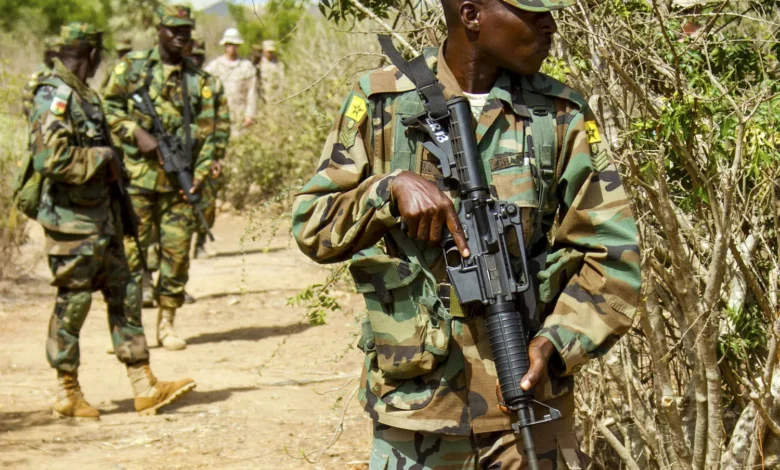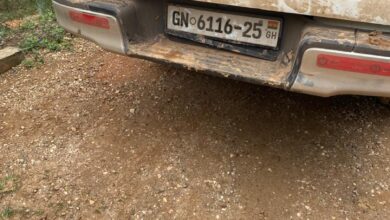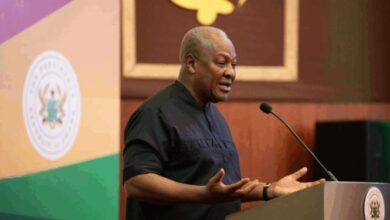
In a rare and emotional confession, soldiers stationed in the troubled Bawku have expressed deep frustration, revealing that they could resolve the ongoing conflict in mere hours if not for political interference and directives from higher authorities.
Speaking anonymously in an interview, the military personnel shared their struggles with the political restrictions preventing them from acting decisively to restore peace.
Despite being trained and ready to act, the soldiers explained that they are often constrained by orders that are influenced by political agendas, rather than the immediate needs of the people or the pursuit of peace. “We can end this conflict in hours if we are allowed to,” one officer declared. “But we are held back by higher-ups with political motives.”
The Bawku conflict, fueled by ethnic tensions, has persisted for years, but the soldiers claim the violence could be stopped swiftly if they were given the freedom to take necessary actions. “The orders we get are not about peace,” another soldier added. “They’re about politics. We’re stuck in a system that doesn’t prioritize the safety of the people or even our own lives.”
In addition to their frustrations with political interference, the soldiers also highlighted the dire conditions they endure. Stationed far from Bawku in isolated locations, they struggle with inadequate supplies, inconsistent water deliveries, and a lack of basic resources. “We’re isolated, underfed, and living in constant fear,” one officer explained. “Our food comes from distant regions, and sometimes it’s days before we receive any supplies.”
The soldiers also discussed the danger they face on the ground, with many locals seeing them as adversaries instead of peacekeepers. “If you wear a uniform, you’re a target,” said one soldier. “We’re not safe here. The civilians view us as the enemy, and we fear for our lives every day. But we’re here because we’ve been ordered to be here.”
Despite the overwhelming challenges and constant danger, the soldiers remain committed to their mission. However, their faith in the system is diminishing as they feel powerless to protect the civilians or stop the violence. “We want peace, we want to help the people of Bawku,” one officer said. “But if we’re not allowed to act, how can we continue watching as lives are lost?”
According to the soldiers, political figures have exacerbated the situation by putting their own agendas above the well-being of the citizens. “The decisions being made up there,” one soldier remarked, pointing upwards, “aren’t about what’s best for Bawku—they’re about what benefits the politicians. We’re the ones left to pick up the pieces.”
As the soldiers continue their efforts under uncertain and dangerous circumstances, their appeal is clear: they need the freedom to act decisively to stop the violence. “We are here to help. We are here to stop the violence,” one soldier concluded. “But we need the freedom to do so. Without that, nothing will change.”



